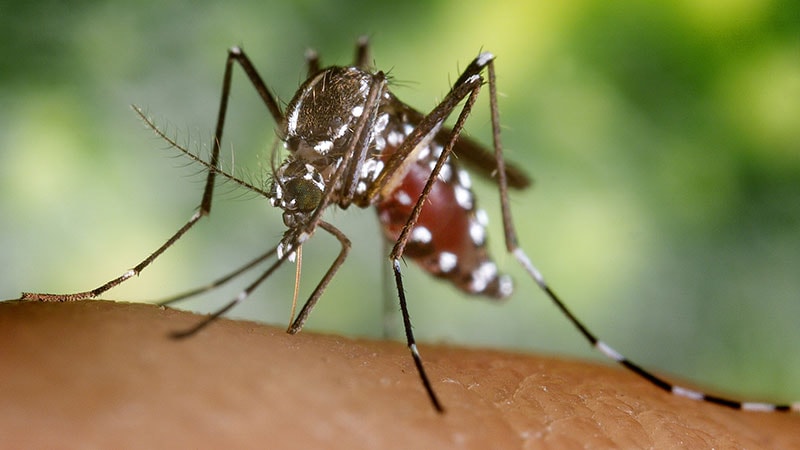Takeaway
- Intermittent preventive treatment of infants (IPTi) with sulfadoxine‐pyrimethamine (SP) remains linked to reduced malaria risk, although the effect has faded recently.
- IPTi with artemisinin-based combination therapies (ACTs) shows promise in reducing malaria risk in this population in sub-Saharan Africa and may reduce proportion with parasites in their blood.
Why this matters
- These authors say that with the efficacy attenuation seen with SP, IPTi with other combinations may show greater effect.
- Continued use of SP warrants ongoing monitoring for resistance, they say.
Key results
- IPTi overall: reduced clinical malaria by 27%.
- Rate ratio (RR): 0.73 (95% CI, 0.65-0.82).
- IPTi with SP (10 trials):
- Fewer episodes of clinical malaria: 0.79, 0.74 to 0.85;
- Less anemia: 0.82, 0.68 to 0.98.
- Less parasitemia: 0.66, 0.56 to 0.79.
- Little effect on mortality: 0.93, 0.74 to 1.15.
- All moderate-certainty evidence.
- Post-2009 trials little to no effect.
- IPTi with ACT (3 publications):
- Reduced clinical malaria: RR, 0.42, 0.33 to 0.54 (only 1 trial).
- Reduced parasitemia also seen.
Study design
- 12 trials included, with 19,098 infants, all in sub-Saharan African countries.
- Funding: University of Calabar, Nigeria; others.
Limitations
- Only 3 studies available for ACT.
- Other limitations relate to those of the original studies.
References
References



